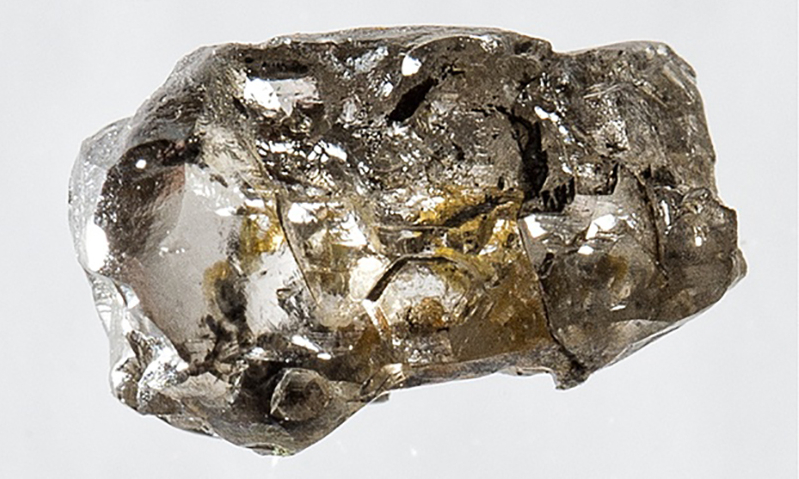
The mystery of how life began on earth has baffled many in the sciences for as long as humans have existed. Water is popularly thought to be a key item of necessity for the beginnings of life. Where that water comes from has never been something that could really be proven. However, a breakthrough finding that involves a volcano in Brazil, an ugly but unique diamond, and an olivine mineral called ringwoodite adds some fresh credibility to the Biblical account of creation.
Most scientists and even medical professionals can agree that water is an absolute necessity for the survival of pretty much any life form, whether a human one or some other form of life. With that bit of logic, it has long been believed that water is one of the key elements for the origins of life's beginnings. Some scientists have suggested that water was brought to Earth via an outside source such as asteroids that collided with the earth.
However, a recent discovery suggests that the water source for life's beginnings is likely located right on planet Earth itself, just as the Bible's book of Genesis suggests right in its first chapter. Then in chapter seven and verse eleven, where the Bible records the world-wide flood, it's noted that "all the fountains of the great deep were broken up, and the windows of heaven were opened."
The recent discovery of a massive supply of water within the earth's mantle began with a volcano that erupted in Brazil and an ugly but unique diamond that was among the debris that came forth in the eruption. Researchers discovered that that the diamond contains an olivine mineral called ringwoodite.
The reason the find was such a big deal is because before its discovery within the Brazilian diamond, ringwoodite was thought to have only existed in meteorites and laboratories. An additional point of interest is that ringwoodite requires extreme pressure in order to form, such as the massive pressure of being about 320 miles buried within the earth's mantle.
Answers in Genesis notes that ringwoodite was named after Australian geologist Alfred Ringwood. Geologist Dr. Andrew Snelling explains why the finding is really rather significant: "For a long time it has been known that the upper mantle is made up predominantly of the mineral olivine (Mg2 SiO4), but its lattice structure can't hold much water within it. Experimental work had demonstrated that at pressures deeper in the mantle, between 410 km and 660 km (255-410 miles), as determined by seismic studies, the higher-pressure equivalent (polymorph) of olivine that was named ringwoodite must exist. However, no naturally occurring ringwoodite had been found."
Graham Pearson, a Canadian geochemist and a part of the research team, said that ringwoodite is able to hold significantly more water than typical forms of olivine because of its crystalline structure. He estimates somewhere between 1 and 2 weight%.
Snelling admits that this may not sound like a lot of water, but that, "when one takes into account the volume of this zone in the mantle, there could be at least as much water stored there as in all the world's oceans."
Pearson explains that water trapped in Ringwood is not in liquid form, but rather in hydroxide ion form. Therefore, "It's actually the confirmation that there is a very, very large amount of water that's trapped in a really distinct layer in the deep Earth."
Even though it's not in a liquid form, Pearson said that it still "translates into a very, very large mass of water."







